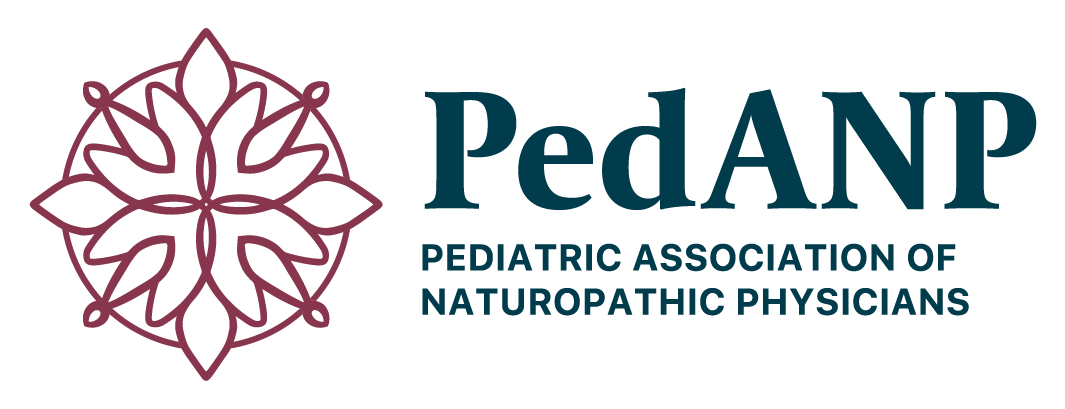Advocacy Statement – Vaccines
Immunization reduces the individual and societal consequences of vaccine-preventable disease (including morbidity, mortality, absenteeism, and cost of illness management). Vaccination programs protect vulnerable populations who are most at risk of infection and/or cannot receive these vaccines.
The bulk of publicly available evidence demonstrates that the collective benefits of vaccination programs outweigh their costs. As such, immunization programs are an essential component of preventive medicine. (Primum non nocere- first, do no harm; Praevenire - prevent) As with all medical interventions, the individual decision to vaccinate requires informed consent. This necessitates an understanding of the risks and benefits of each vaccine, as well as the consequences to both the individual and the community of the disease against which it protects. Families have been excused from or refused entry to pediatric medical practices due to vaccine hesitancy[1], and may seek out naturopathic doctors for care and guidance[2]. Naturopathic doctors are competent in scientific literacy and are equipped to neutrally discuss the recommended vaccination schedules in the jurisdictions in which they practice. Engaging hesitant patients in balanced inquiry and education may result in increased vaccine coverage[3].
Naturopathic doctors take the necessary time and patient-centered approach to support families in making informed decisions. (Docere) Vaccination is one part of a comprehensive, holistic strategy to reduce the incidence of disease and promote wellness in individuals and communities. Many naturopathic doctors include vaccination in the services they provide. All naturopathic doctors promote health and prevent disease in a range of other ways, such as supporting immune system function through optimizing nutrition, physical activity, sleep, stress management, and safe and effective management of acute and chronic illnesses1. (Tolle totum – treat the whole person)
[1] Sean T. O’Leary, Douglas J. Opel, Jessica R. Cataldi, Jesse M. Hackell, COMMITTEE ON INFECTIOUS DISEASES, COMMITTEE ON PRACTICE AND AMBULATORY MEDICINE, COMMITTEE ON BIOETHICS; Strategies for Improving Vaccine Communication and Uptake. Pediatrics March 2024; 153 (3): e2023065483. 10.1542/peds.2023-065483
[2] Attwell K, Ward PR, Meyer SB, Rokkas PJ, Leask J. "Do-it-yourself": Vaccine rejection and complementary and alternative medicine (CAM). Soc Sci Med. 2018 Jan;196:106-114. doi: 10.1016/j.socscimed.2017.11.022. Epub 2017 Nov 16.PMID: 29175699.
[3] Boom JA, Healy CM. Standard childhood vaccines: Caregiver hesitancy or refusal. In: UpToDate, Edwards MS and Drutz JE (Ed), UpToDate, Waltham, MA, 2024.
Centers for Disease Control and Prevention. Epidemiology and Prevention of Vaccine-Preventable Diseases. Hall E., Wodi A.P., Hamborsky J., et al., eds. 14th ed. Washington, D.C. Public Health Foundation, 2021.
